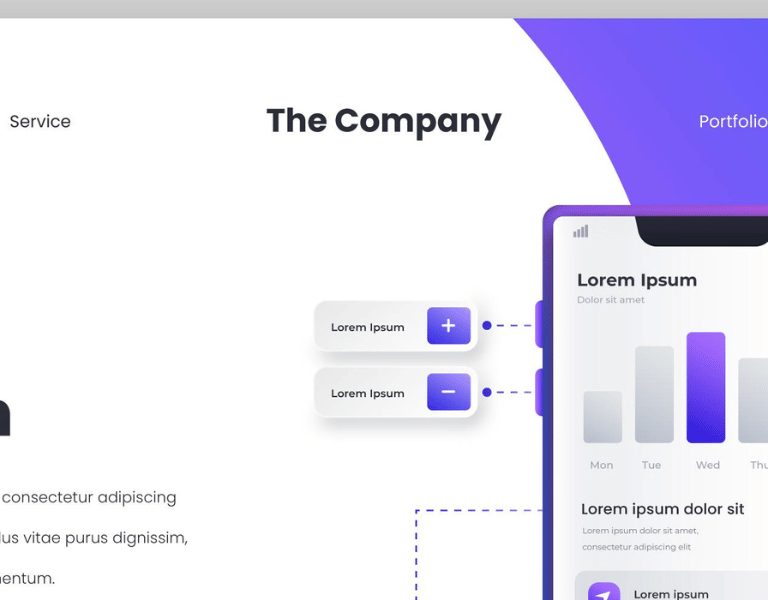Inflation can pose difficulties for SMEs, particularly in terms of managing rising costs. Revisiting and renegotiating your contracts is an effective approach to keep costs under control and improve your company’s financial health. But where do you start? Let’s dive into the key contract clauses to review and effective strategies for approaching renegotiation discussions.
Key Contract Clauses to Review:
When reviewing your contracts, focus on the following essential provisions to uncover cost-saving opportunities:
- Pricing Structure: Investigate how prices are determined and whether they account for inflation. Consider changing the pricing terms to a more attractive agreement.
- Payment conditions: Consider payment conditions such as scheduling, discounts for early payments, and penalties for late payments. Negotiate terms that will improve your cash flow.
- Termination Clauses: Examine the contract’s termination clauses for any opportunity to terminate or modify the agreement early, allowing you to seek more cost-effective alternatives.
- Volume savings: Look for clauses that provide savings for larger order quantities. Negotiate new discounts based on the current order size.
- Renewal Terms: Consider automatic renewal clauses. Determine whether to renegotiate terms before a contract is automatically renewed.
- Service Level Agreements (SLAs): If the contract includes SLAs, make sure they meet your current requirements. Adjust SLAs for services that are no longer required.
Strategies to Approach Renegotiation
Use the following tactics to successfully renegotiate your contracts:
- Gather Market Data: Look into existing market prices and competition offers to make a case for renegotiation. Use this information during talks.
- Prepare your arguments: Clearly state your aims and grounds for renegotiation. Consider how adjustments benefit both parties.
- Start Conversations Early: Approach suppliers or service providers soon before the contract expires to enable time for discussions.
- Maintain Positive Relationships: Negotiations should be professional and constructive. To keep relationships intact, aim for win-win outcomes.
- Identify Alternatives: If discussions break down, be prepared to look into other suppliers or service providers. This may strengthen your position.
- Be Open to Compromise: Flexibility can result in greater outcomes. Determine where you’re willing to make concessions.
- Consider the Long-Term Impacts: Think about how changes will influence your firm in the future. Prioritize long-term cost savings.
Case Study: A Successful Contract Renegotiation
To demonstrate the impact of renegotiation, consider this case study:
Background: Inflationary pressures caused a tiny technology firm’s costs to rise, notably for cloud computing services. The company used a large provider and had a long-term contract in place.
Approach: The company performed market research and determined that alternative providers offered comparable services at a lesser cost. Armed with this information, they contacted their current provider to discuss renegotiations.
Negotiation Techniques: The firm sought a meeting to discuss pricing modifications and other terms. They supplied information on rivals’ prices and indicated how cutting expenses would allow them to retain their existing usage levels.
Outcome: The provider agreed to change the price structure, including offering bulk discounts and better payment terms. The company was able to cut its cloud computing costs by 20% while keeping the same provider.
Conclusion
Revisiting and renegotiating your contracts might result in significant cost savings for your SME. Focusing on crucial contract conditions and employing efficient negotiation methods can help your company achieve financial stability and growth. Remember, working collaboratively with your suppliers and service providers can result in mutually beneficial outcomes and stronger long-term relationships.








